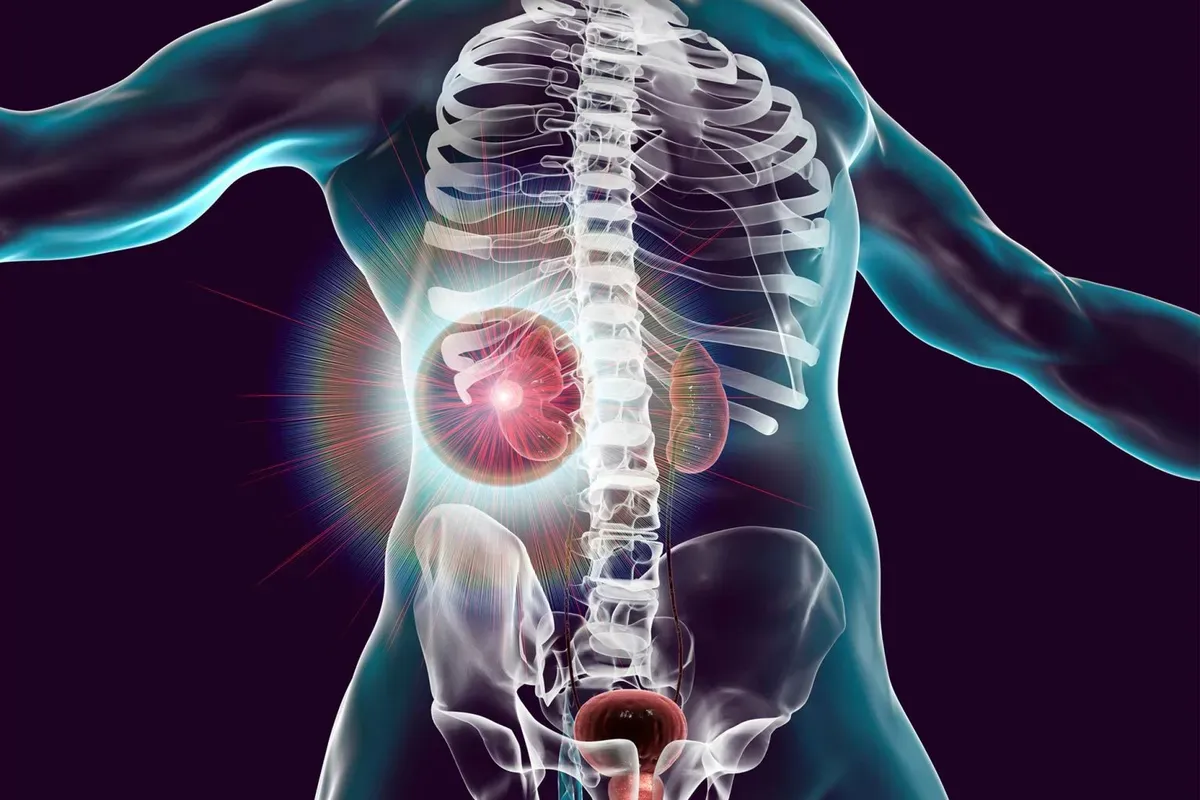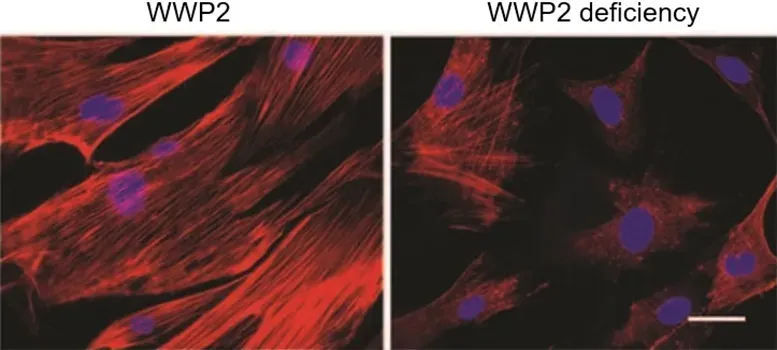“Through our studies, we have shown that WWP2 is a new potential target for the development of drugs to halt the progression of fibrosis in several diseases. This is especially so for CKD, which can progress to renal failure and is fatal without treatment. Our findings pave the way for the design of new and promising therapies for such illnesses that would otherwise have limited
treatment options,” said Assoc Prof Petretto, who is also a systems geneticist with Duke-NUS’ Cardiovascular & Metabolic Disorders Programme.
To this end, the team is in talks with venture capitalists to develop inhibitors of WWP2 to treat heart and kidney disease.
Professor Patrick Tan, Senior Vice-Dean for Research at Duke-NUS, said: “Given the rising incidence of kidney disease in Singapore, this is a groundbreaking discovery. The study not only sheds light on the genetic mechanisms underlying kidney disease but also opens up new avenues for therapeutic intervention, offering hope for millions of CKD patients worldwide.”
Reference: “WWP2 Regulates Kidney Fibrosis and the Metabolic Reprogramming of Profibrotic Myofibroblasts” by Huimei Chen, Ran You, Jing Guo, Wei Zhou, Gabriel Chew, Nithya Devapragash, Jui Zhi Loh, Loreto Gesualdo, Yanwei Li, Yuteng Jiang, Elisabeth Li Sa Tan, Shuang Chen, Paola Pontrelli, Francesco Pesce, Jacques Behmoaras, Aihua Zhang and Enrico Petretto, 19 March 2024, Journal of the American Society of Nephrology. DOI: 10.1681/ASN.0000000000000328







